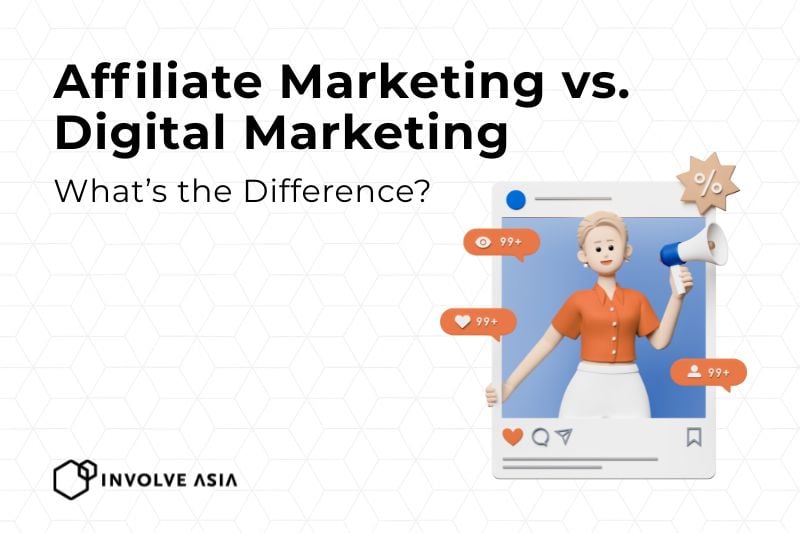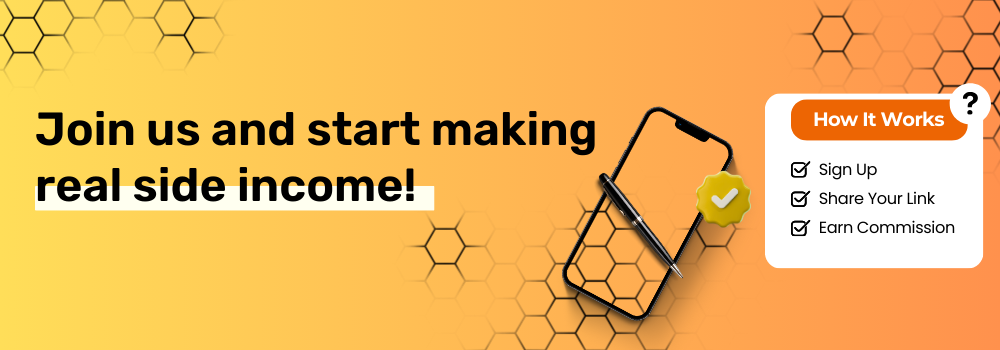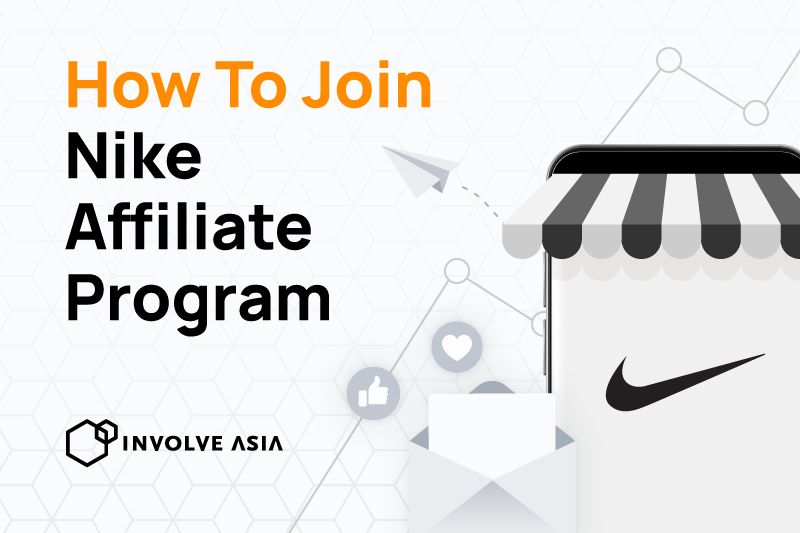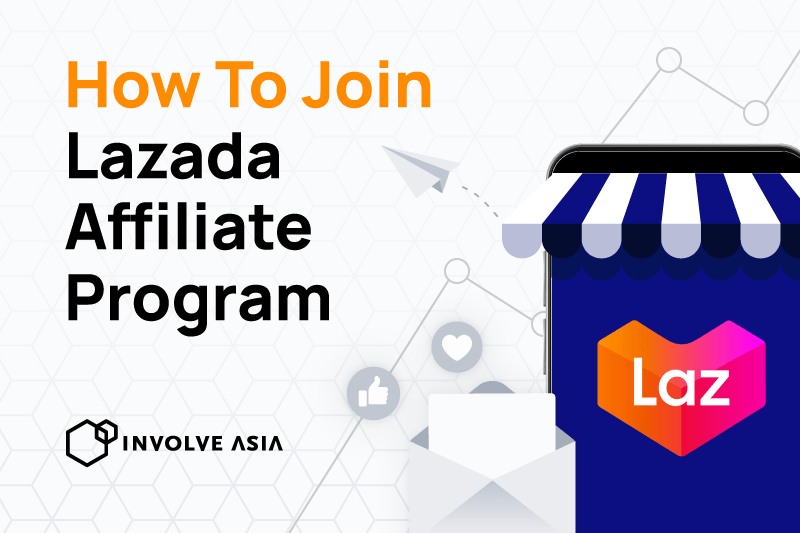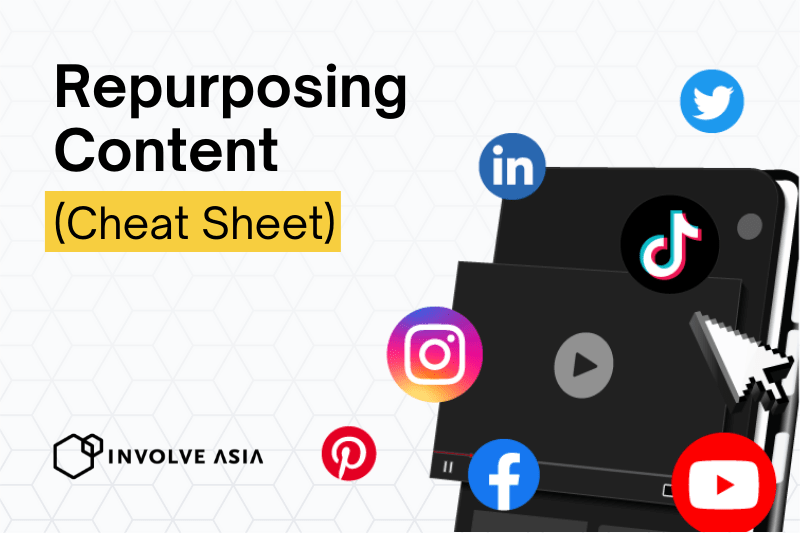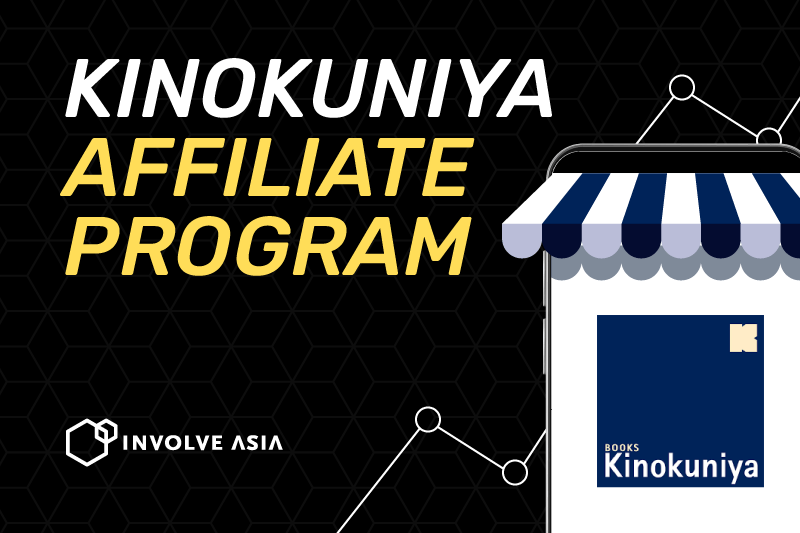Are you looking for the best way to make money online or grow your business using the power of the internet? Two of the most popular marketing strategies today are affiliate marketing and digital marketing.
While both can be profitable, they have different goals, strategies, and earning potentials. Affiliate marketing focuses on promoting products and earning commissions, whereas digital marketing is a broad term covering SEO, content marketing, social media marketing, PPC, and more.
Which one is right for you? Let’s explore the differences, benefits, challenges, and the best ways to get started.
What is Affiliate Marketing?
Affiliate marketing is a performance-based marketing model where individuals (affiliates) earn a commission by promoting third-party products or services through a unique affiliate tracking link. It is one of the easiest ways to generate passive income online.
How Affiliate Marketers Earn Money
Affiliate marketers earn money through different commission structures:
- Pay-Per-Sale (PPS) – Earn a percentage of the sale whenever someone purchases using your affiliate link.
- Pay-Per-Click (PPC) – Get paid based on the number of clicks generated on your affiliate link.
- Pay-Per-Lead (PPL) – Earn commissions when visitors complete a specific action, such as signing up for a free trial or subscribing to a newsletter.
Benefits of Affiliate Marketing
- Passive income potential – Once content ranks on search engines, sales can come in 24/7.
- Low startup costs – No need to develop your own product or handle customer service.
- Scalability – Promote multiple products in different niches for multiple income streams.
- Flexible work schedule – No fixed work hours, making it ideal for digital nomads and side hustlers.
- Works well with SEO and content marketing – Blogging and YouTube videos are great ways to drive affiliate sales.
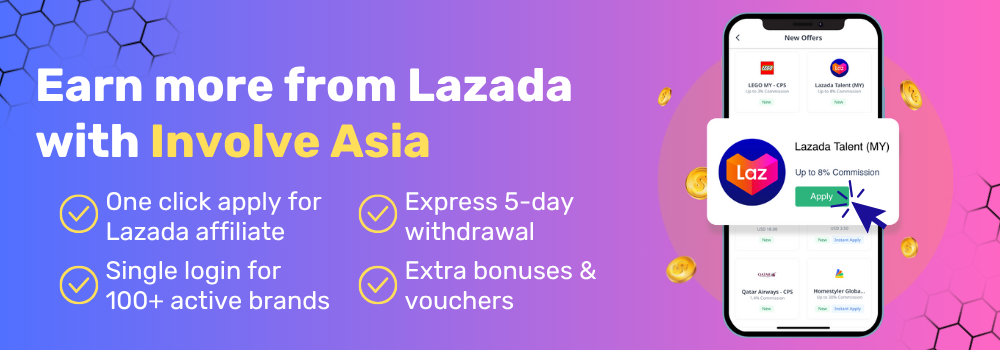
Challenges of Affiliate Marketing
- High competition – Many marketers promote the same products, making SEO and strong content strategies essential.
- Delayed payments – Some programs take 30-90 days to release commissions.
- Dependency on external companies – If a brand discontinues its affiliate program, your income stream may be affected.
- Traffic dependency – Without visitors to your content, conversions will be low.
What is Digital Marketing?
Digital marketing is a broad term that includes various online marketing strategies used to promote businesses, brands, and products. It aims to attract and convert potential customers through various digital channels.
Types of Digital Marketing
- Search Engine Optimization (SEO) – Optimizing websites to rank higher in search engine results.
- Pay-Per-Click Advertising (PPC) – Running paid ads on Google, Facebook, Instagram, and other platforms.
- Social Media Marketing (SMM) – Promoting products or brands on platforms like Instagram, TikTok, LinkedIn, and Facebook.
- Content Marketing – Creating valuable content such as blog posts, videos, infographics, and ebooks.
- Email Marketing – Sending targeted email campaigns to nurture leads and drive sales.
- Influencer Marketing – Partnering with influencers to increase brand awareness.
Read: Affiliate Marketing vs Influencer Marketing – Which Is More Suitable for You?
Benefits of Digital Marketing
- Increases brand visibility – Helps businesses reach a global audience through multiple digital channels.
- High conversion rates – Well-optimized campaigns can result in more leads and sales.
- Data-driven insights – Advanced analytics tools help track performance and improve marketing efforts.
- Versatility – Works for eCommerce, service-based businesses, and personal brands.
- Builds long-term brand authority – Strong digital marketing strategies improve brand trust and reputation.
Challenges of Digital Marketing
- Requires technical expertise – Mastering SEO, PPC, and analytics takes time and effort.
- Ad costs can be expensive – PPC campaigns require a budget to scale effectively.
- Algorithm changes – Search engine and social media algorithms frequently update, impacting marketing efforts.
- Continuous learning required – Trends in digital marketing change frequently, requiring ongoing education.
Key Differences: Affiliate Marketing vs. Digital Marketing
| Factor | Affiliate Marketing | Digital Marketing |
| Income Model | Commission-based (performance-driven) | Direct revenue via services, ads, or product sales |
| Startup Costs | Low (can start with a blog or social media) | Medium to high (ads, tools, software subscriptions) |
| Scalability | High (can promote multiple products) | High (can run multiple marketing campaigns) |
| Effort Required | Moderate (content creation & traffic building) | High (campaign management, optimization) |
| Risk Level | Low to moderate (depends on company policies) | Moderate to high (advertising costs, market shifts) |
| Time to Profitability | Long-term (requires content ranking) | Short to long-term (depends on strategy) |
Which Model is Better for Beginners?
Affiliate marketing is easier to start for beginners with minimal investment. Digital marketing offers faster results but requires more technical expertise.
If you enjoy SEO, content writing, or social media, affiliate marketing might be a better fit. If you’re interested in running paid ads, email campaigns, or eCommerce, digital marketing might be better.
Which One is More Profitable?
Affiliate marketing offers passive income potential but requires consistent traffic. Digital marketing is more versatile and can generate revenue through freelancing, agency services, and selling digital products.
How to Get Started with Affiliate Marketing
- Choose a niche (fitness, tech, finance, etc.).
- Join affiliate programs on Involve Asia.
- Create content (blogs, YouTube videos, social media posts).
- Drive traffic through SEO, paid ads, and email marketing.
- Track performance and optimize for higher conversions.
How to Get Started with Digital Marketing
- Learn core skills (SEO, PPC, content marketing, email marketing).
- Choose a specialization (freelancing, agency work, or personal branding).
- Build an online presence through websites, social media, and networking.
- Offer services to businesses or create digital products.
- Scale by leveraging automation and paid advertising.

Conclusion
Both affiliate marketing and digital marketing have high-income potential. If you want long-term passive income, affiliate marketing is the way to go. If you prefer flexibility and multiple revenue streams, digital marketing is a great choice.
The best approach? Combine both to maximize online success!
👉 Sign up here to start affiliate marketing with Involve Asia
Frequently Asked Questions (FAQs)
Can a digital marketer do affiliate marketing?
Yes! A digital marketer can easily transition into affiliate marketing since both require SEO, content marketing, PPC advertising, and social media marketing skills. Many digital marketers integrate affiliate marketing into their strategies by monetizing blogs, YouTube channels, and email marketing campaigns.
Using their expertise in driving traffic and optimizing conversions, digital marketers can effectively promote affiliate products and earn passive income. By leveraging existing marketing knowledge, a digital marketer can maximize affiliate earnings while still working with clients or running other digital campaigns.
What is better, digital marketing or affiliate marketing?
The best choice depends on your goals. Affiliate marketing is great for generating passive income and requires minimal upfront costs, making it ideal for content creators. Digital marketing, however, offers a broader range of income opportunities, such as freelancing, agency work, and eCommerce marketing.
Digital marketing skills are in high demand, making it a stable career choice. If you want flexibility and passive earnings, choose affiliate marketing. If you prefer offering services or managing ad campaigns, go with digital marketing. Many entrepreneurs successfully combine both strategies for maximum revenue.
What is the highest paying skill in digital marketing?
Search Engine Optimization (SEO), Pay-Per-Click Advertising (PPC), and Conversion Rate Optimization (CRO) are some of the highest-paying digital marketing skills. SEO experts help businesses rank on Google and drive organic traffic, while PPC specialists manage high-budget ad campaigns for platforms like Google Ads and Facebook Ads.
CRO professionals optimize websites and landing pages to increase conversion rates, leading to higher revenue for businesses. Digital marketers with expertise in data analytics, marketing automation, and AI-driven marketing strategies can also command top salaries in the industry.
Is affiliate marketing still worth it?
Absolutely! Affiliate marketing remains one of the most profitable online business models. While competition has increased, the growth of eCommerce, influencer marketing, and digital products has created endless affiliate opportunities. Success in affiliate marketing depends on choosing the right niche, content strategy, and traffic sources.
With effective SEO, social media marketing, and email funnels, affiliates can still generate consistent commissions. The key is to diversify income streams, stay updated with industry trends, and focus on high-converting affiliate programs. If done correctly, affiliate marketing is still a powerful way to earn passive income online.
